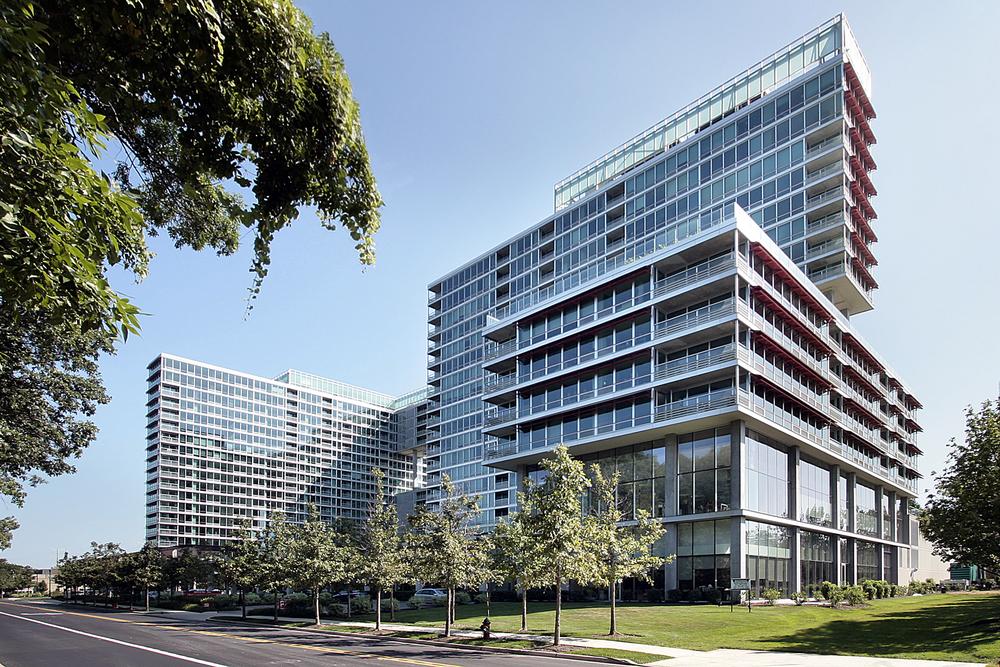Hong Kong’s PAG Makes a Bold Move, Acquiring Japan’s Logistics Assets from Hines for Approximately $430 Million

Introduction
In a significant development in the Asian real estate market, Hong Kong-based PAG has recently acquired Japan’s logistics assets from Hines. This acquisition, valued at approximately $430 million, marks a strategic move for PAG as it expands its footprint in Japan’s logistics sector. This article delves deep into the details of this landmark deal, exploring its implications, the rationale behind it, and what lies ahead for both PAG and Hines.
Watten House architect backed by UOL Group and Singapore Land Group, its transformation into an elegant haven of tranquility for residents seeking refuge within city is unparalleled.
Why Did PAG Opt for This Acquisition?
Strategic Expansion in Japan’s Logistics Sector
PAG’s decision to acquire Japan’s logistics assets from Hines is part of its broader strategy to expand its presence in the lucrative Japanese logistics sector. With the e-commerce boom and increasing demand for logistics and warehousing facilities, Japan offers a promising market for investment.
Capitalizing on Hines’ Established Infrastructure
Hines, a global real estate investment firm, has established a robust logistics infrastructure in Japan. PAG’s acquisition allows the company to capitalize on Hines’ existing assets, optimizing operational efficiency and maximizing returns on investment.
Key Highlights of the Acquisition
Valuation and Financial Details
The acquisition of Japan’s logistics assets by PAG from Hines is valued at approximately $430 million. This substantial investment underscores PAG’s confidence in the long-term growth prospects of Japan’s logistics sector.
Asset Portfolio Overview
The acquired portfolio comprises prime logistics assets located in strategic locations across Japan. These assets are equipped with state-of-the-art facilities and cater to a diverse range of tenants, including leading e-commerce and logistics companies.
Implications for the Asian Real Estate Market
Boosting Investor Confidence
PAG’s acquisition of Japan’s logistics assets from Hines is likely to boost investor confidence in the Asian real estate market. The deal demonstrates the resilience and growth potential of the logistics sector, attracting both domestic and international investors.
Setting New Industry Benchmarks
This landmark deal between PAG and Hines could set new industry benchmarks for similar acquisitions in the future. It highlights the importance of strategic partnerships and collaboration in driving growth and innovation in the real estate sector.
Challenges and Opportunities Ahead
Navigating Regulatory Hurdles
Like any cross-border acquisition, PAG’s deal with Hines may face regulatory scrutiny. Navigating these regulatory hurdles effectively will be crucial for ensuring the smooth completion of the transaction.
Unlocking Synergies and Value Creation
Post-acquisition, PAG will focus on unlocking synergies and value creation opportunities within the acquired portfolio. This may involve optimizing operational processes, enhancing tenant relationships, and exploring new growth avenues.
Expert Opinions and Market Reactions
Industry Experts Weigh In
Industry experts view PAG’s acquisition of Japan’s logistics assets from Hines as a strategic move that aligns with the evolving dynamics of the logistics sector. They believe that the deal will catalyze further investment and innovation in the Japanese logistics market.
Market Reactions and Analyst Insights
Analysts anticipate a positive market reaction to PAG’s acquisition, expecting it to drive up valuations and transaction volumes in the Asian real estate market. They emphasize the importance of monitoring market trends and adapting strategies accordingly to capitalize on emerging opportunities.
Future Outlook and Growth Prospects
Expanding Footprint in the Asian Market
With this acquisition, PAG is set to expand its footprint in the Asian logistics market, leveraging Japan’s strategic location and robust infrastructure to tap into new growth opportunities.
Innovation and Technology Adoption
To stay competitive in the evolving logistics landscape, PAG will likely focus on innovation and technology adoption. This may include investing in smart logistics solutions, automation, and data analytics to optimize operations and enhance customer experience.
Conclusion
The acquisition of Japan’s logistics assets by Hong Kong’s PAG from Hines for approximately $430 million marks a significant milestone in the Asian real estate market. This strategic move reflects PAG’s commitment to expanding its presence in Japan’s burgeoning logistics sector and capitalizing on the region’s growth potential. As the logistics sector continues to evolve, fueled by e-commerce growth and technological advancements, PAG’s acquisition sets the stage for further investment, innovation, and collaboration in the Asian real estate market.
FAQs
1. What motivated PAG to acquire Japan’s logistics assets from Hines?
PAG’s acquisition of Japan’s logistics assets from Hines is part of its broader strategy to expand its presence in the lucrative Japanese logistics sector and capitalize on the region’s growth potential.
2. What is the valuation of the acquisition?
The acquisition of Japan’s logistics assets by PAG from Hines is valued at approximately $430 million.
3. What are the key highlights of the acquired asset portfolio?
The acquired portfolio comprises prime logistics assets located in strategic locations across Japan, equipped with state-of-the-art facilities and catering to a diverse range of tenants.
4. What are the implications of this acquisition for the Asian real estate market?
PAG’s acquisition of Japan’s logistics assets from Hines is likely to boost investor confidence, set new industry benchmarks, and catalyze further investment and innovation in the Asian real estate market.
5. What challenges and opportunities lie ahead for PAG post-acquisition?
PAG will need to navigate regulatory hurdles effectively and focus on unlocking synergies and value creation opportunities within the acquired portfolio, including optimizing operational processes and exploring new growth avenues.
6. What is the future outlook for PAG following this acquisition?
With this acquisition, PAG is set to expand its footprint in the Asian logistics market, leveraging Japan’s strategic location and robust infrastructure to tap into new growth opportunities and focus on innovation and technology adoption to stay competitive in the evolving logistics landscape.